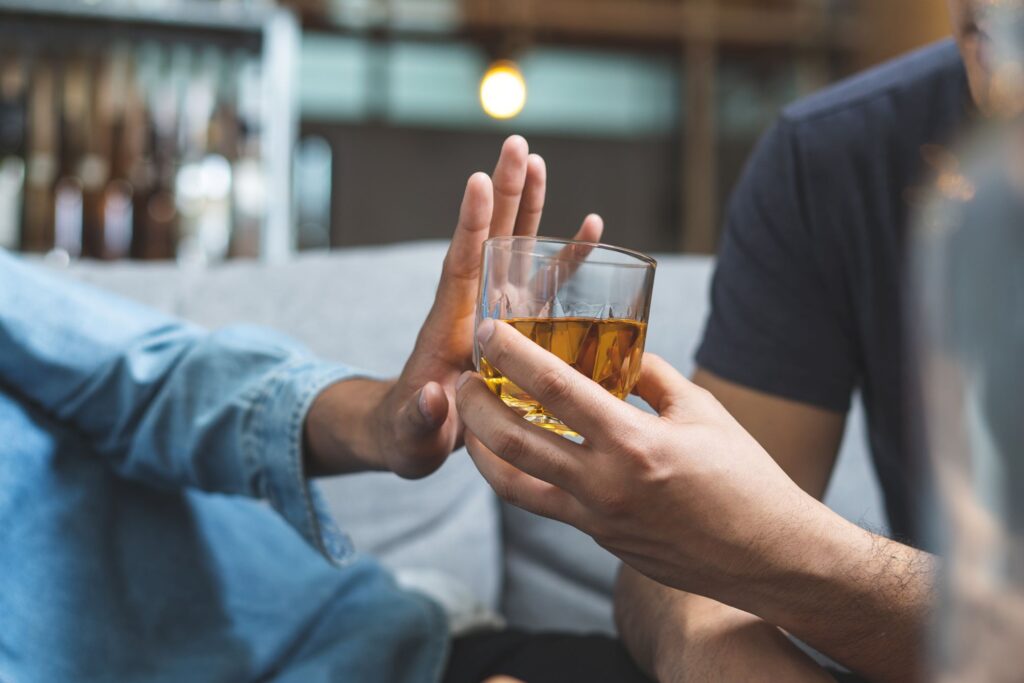
Did you know that polls from August 2025 revealed that 24% of American adults have consumed an alcoholic drink in the last 24 hours. Although it’s natural to want to enjoy a cold beer on a hot day or a glass of wine with dinner, it’s important to understand how it can potentially affect your health.
For instance, did you know that drinking alcohol can worsen sleep apnea symptoms? If you’ve been diagnosed with this condition and are unsure how one impacts the other, continue reading to learn more about it!
What is Sleep Apnea?
People with this disorder suffer from blocked or interrupted breathing that keeps them from completing all the sleep stages necessary to rest and rejuvenate themselves. This can result in several symptoms, such as daytime exhaustion, mood swings, trouble concentrating, and an enhanced risk of developing chronic diseases like heart problems or diabetes.
There are two main types, and they are:
- Obstructive sleep apnea. This is the more common diagnosis and occurs when your airways are blocked by overly relaxed or excessive throat tissues.
- Central sleep apnea. This happens when your brain fails to send the right signals to the muscles controlling your breathing, halting your inhalations and exhalations.
How Does Alcohol Impact the Body?
Although a nightcap before bed might help you relax enough to unwind, it can also potentially negatively affect your body. This is partly because it’s a depressant, meaning that it slows your nervous system and can affect everything from your heart rate to your decision-making processes.
For example, it can raise your blood pressure, increasing the risk of heart beat irregularities (arrhythmia) and stroke. It also restricts your blood vessels, reducing their oxygen content and flow. This suppresses your immune system, rendering your body unable to deliver essential nutrients to key areas to help you heal.
Does Alcohol Negatively Affect My Sleep Apnea?
Unfortunately, research has determined that alcohol may contribute to the development of obstructive sleep apnea or worsen symptoms in those already diagnosed with the condition in several ways. For instance, it raises your ‘arousal threshold’, making it harder for you to wake up when your breathing stops, depriving your brain and body of oxygen for longer periods. It can also relax the muscles around your throat and neck, making them that much more likely to obstruct your airways and interrupt your sleep cycle.
If you’re unsure whether your drinking habit is impacting your sleep disorder, consulting your sleep dentist can provide answers that take your unique circumstances into account.
About the Practice
At SleepMed Solutions, patients benefit from two experts eager to help improve their daily quality of life by enhancing the quality of their rest. Dr. Jack Bagley, a physician’s assistant, and his brother, Dr. Thomas Bagley, a dentist, collaborate to approach your disorder from a medical and dental point of view. Plus, they can help provide sleep studies to diagnose your condition as well as provide treatment options under one roof! You can request an appointment on the website or call (336) 907-7773.
